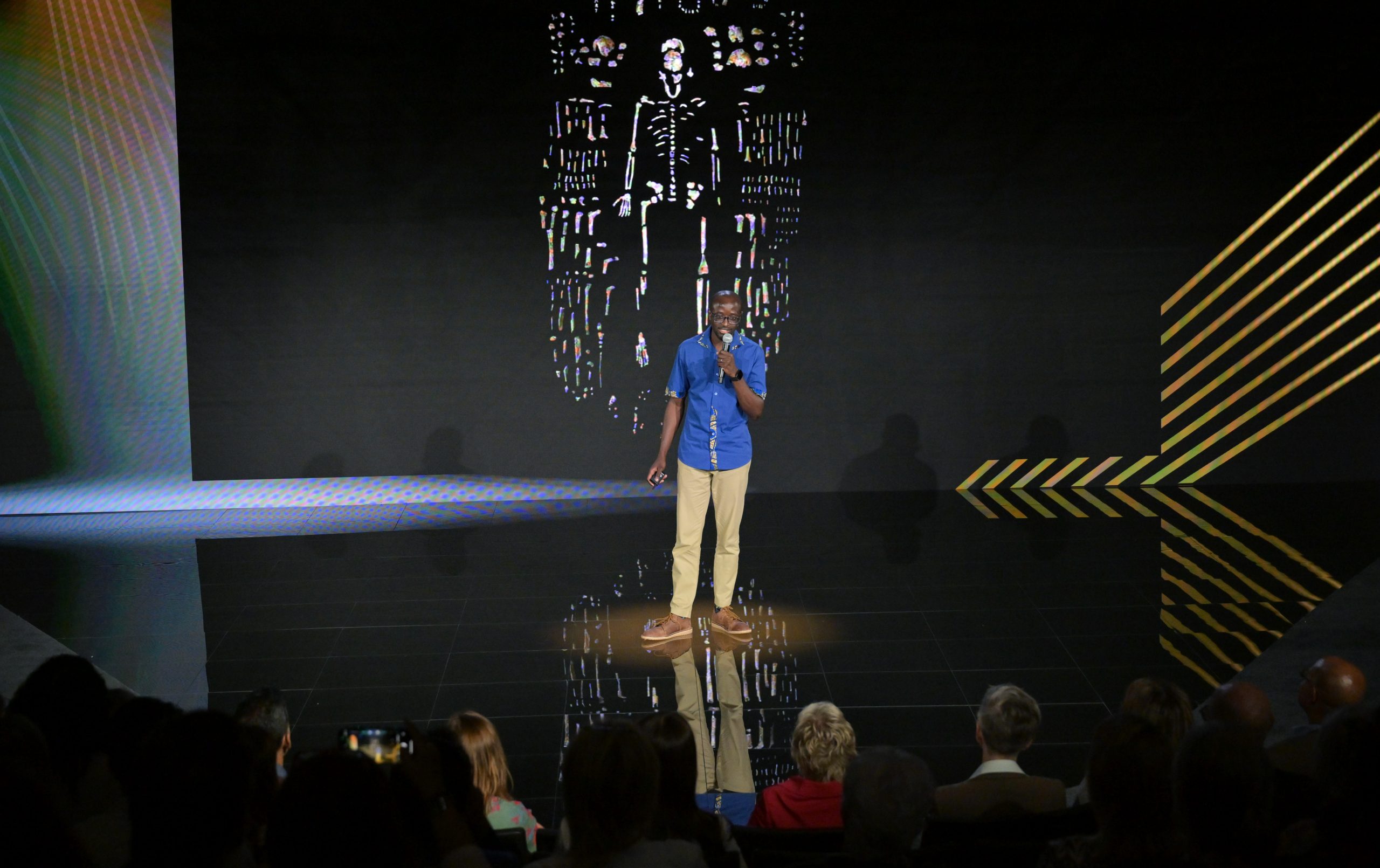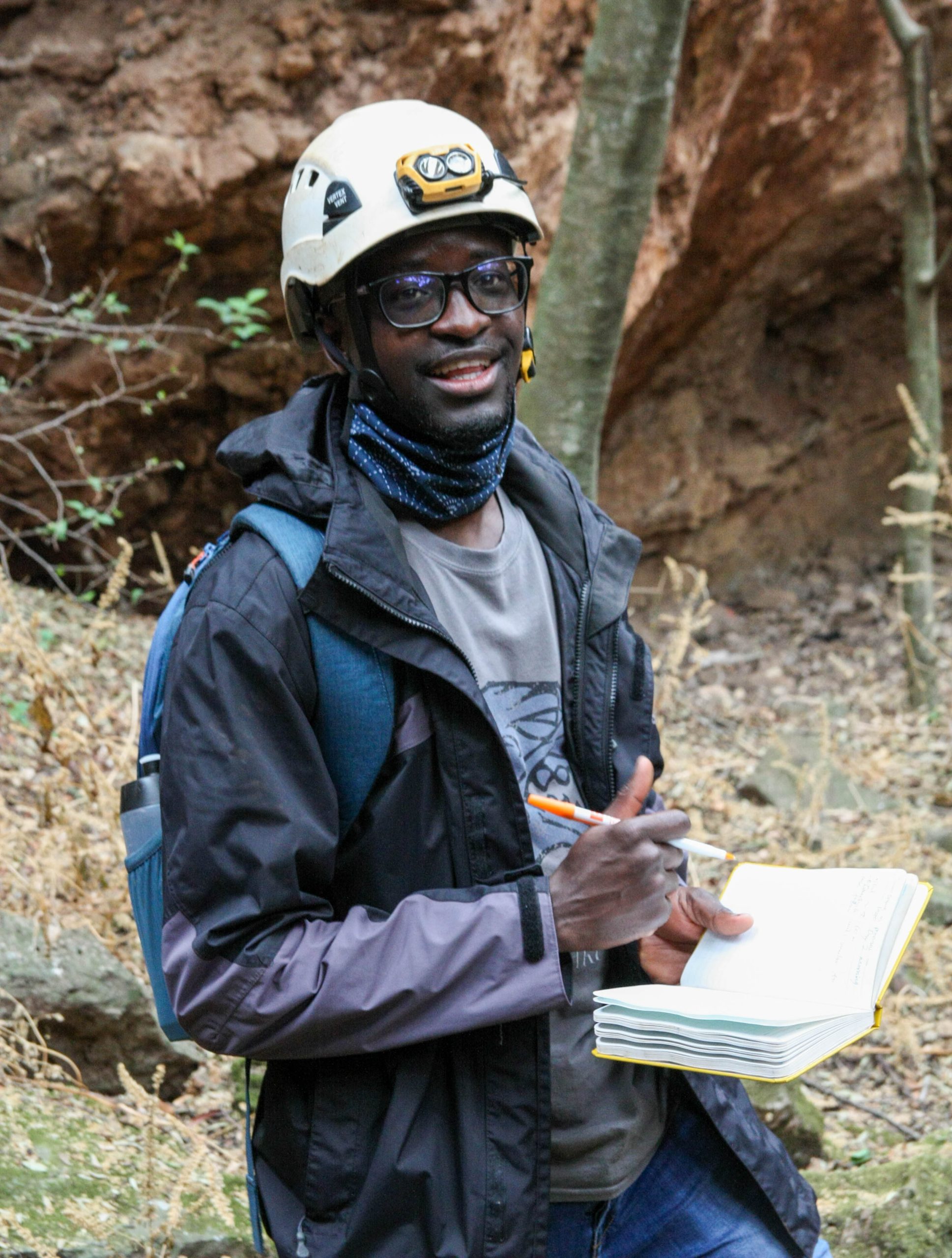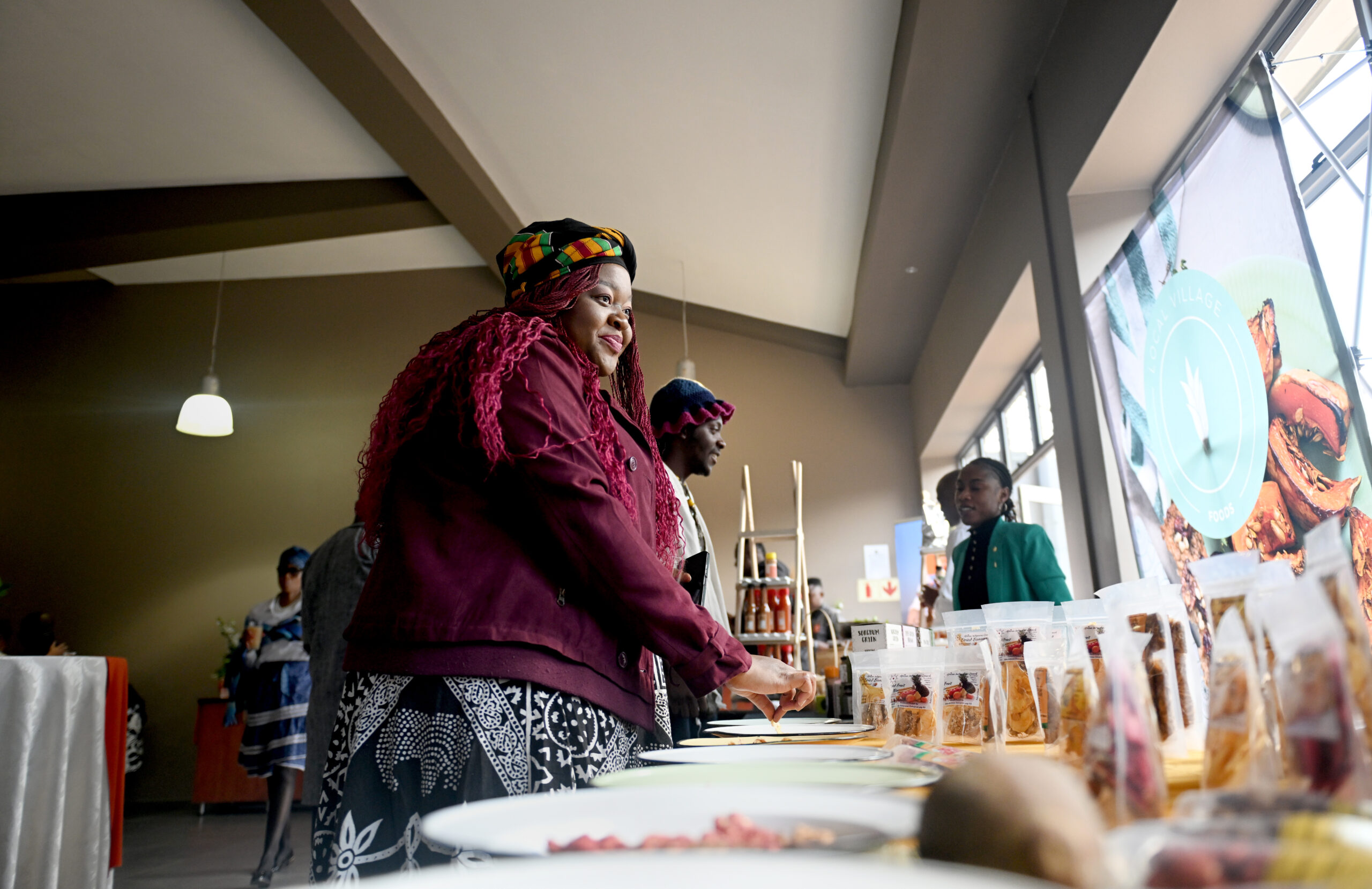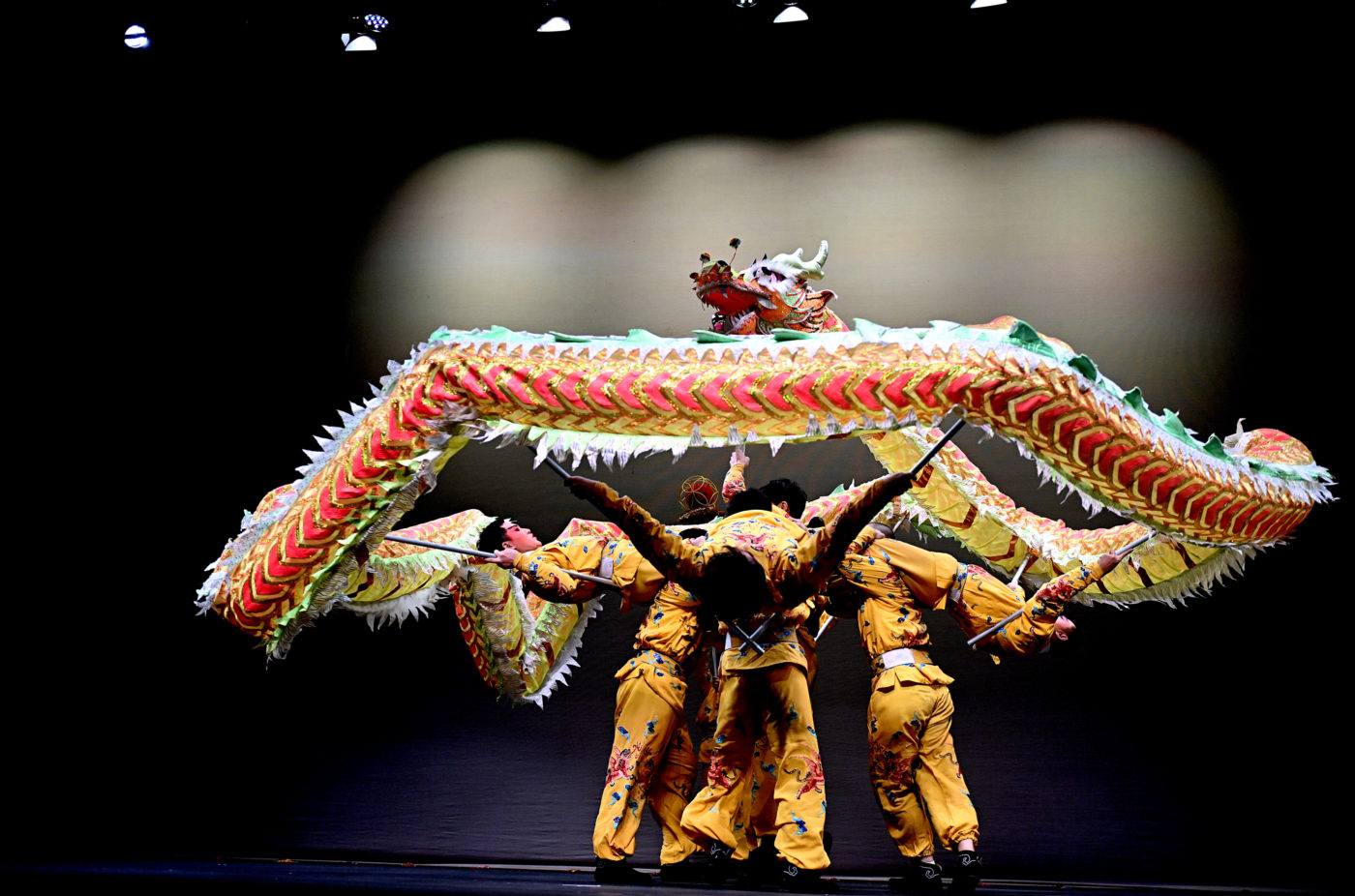Dr Tebogo Makhubela, a geologist, speleologist, and academic at the University of Johannesburg (UJ), has joined an elite group honoured by the National Geographic Society. He is one of only 15 recipients of the 2025 Wayfinder Award, which recognises global leaders in science, conservation, education, technology, and storytelling. Since its inception, only 250 people have received the prestigious award.

Dr Makhubela described receiving the honour as “surreal” and emotionally overwhelming.
“I’ve made a lot of sacrifices to get here, so it’s very emotional—but I’m also really excited!” he said with a smile. The award includes a grant that will support his research and open doors to valuable global connections.
Resilience, Hard Work, and a Bit of Luck

At 35, Dr Makhubela reflects on his journey from Chiawelo in Soweto, where his love for geology began during a high school trip to the Sterkfontein Caves. Raised by a single mother who sold food at the Kliptown Taxi Rank, his academic path was shaped by the need to choose a career that could change his family’s life.
“I was torn between law and geology,” he said. “But my older brother, a policeman, strongly advised against law. And geology was so unfamiliar, I ended up applying for engineering.”
His strong matric results earned him a bursary to study electrical engineering at UJ. But on registration day in 2009, fate intervened. Faced with a long queue for engineering, he walked over to the Faculty of Science to inquire about geology.
“There was no queue at all. I sat with a faculty member who told me about a geology degree with a double major. I chose the first option I saw—Mathematics!”
Despite registering successfully, Tebogo lost his bursary and had to rely on NSFAS to fund his studies. He commuted from Soweto to the Auckland Park Kingsway (APK) Campus using a train, walking four kilometres daily just between the station and campus—plus another two once back in Soweto.
“Wednesdays and Thursdays were the hardest,” he recalled. “I had classes starting at 7 a.m. and finishing at 7:45 p.m. That time really tested me.”
Thankfully, his bursary was reinstated in his second year—this time with accommodation included.
From Caves to Global Recognition
Dr Makhubela’s journey is marked by chance moments that redirected his path. After completing his Honours, he was meant to work in a gold mine, a condition of his bursary. But a conversation with his supervisor led him to a master’s degree instead—one that would connect him to his lifelong interest.
“He mentioned a project on Australopithecus sediba, using a new method to date fossil deposits. That fascinated me. I remembered the discovery from my second year. I told him to sign me up!”
This decision not only aligned with his passion but also turned out to be a wise one. The mine where he was supposed to work was later bought out and then shut down—many of his peers lost their jobs.
Since then, his work has focused on caves, where he investigates the geology surrounding ancient artefacts and fossils. As a speleologist, he studies the soil and rock formations in these caves to draw conclusions about ancient climates, habitats, and tool use.
“I’m the principal investigator leading the geology in four different sites in the Cradle of Humankind,” he said. “I lead work at Rising Star Cave, where Homo naledi was found; Malapa, where Australopithecus sediba was discovered; Gladysvale Cave; and a tufa site that is important for paleoclimate and paleo-ecological studies.”
Giving Back and Looking Ahead
With the grant from the Wayfinder Award, Dr Makhubela plans to fund crucial analyses for his research. A portion will also support the Master’s and PhD students he supervises, furthering the impact of his work.
Reflecting on his journey, he credits UJ for giving him the opportunity to pursue his passion.
“UJ gave me the chance to start something new and grow it into something meaningful,” he said. “I’ll always be grateful for that.”



